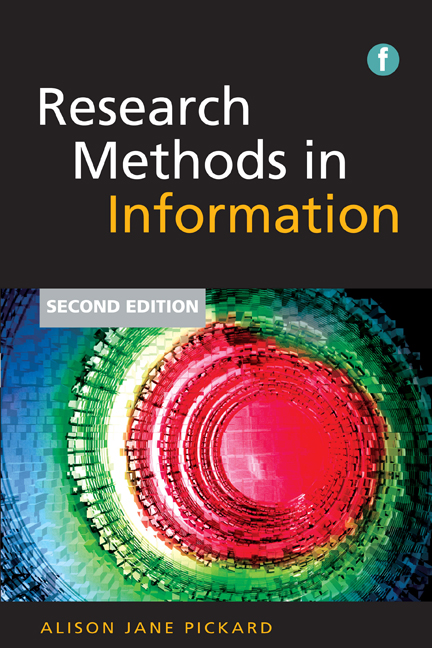Book contents
- Frontmatter
- Contents
- Preface to the second edition
- Acknowledgements
- Introduction
- Part 1 Starting the research process
- Part 2 Research methods
- Part 3 Data collection techniques
- Part 4 Data analysis and research presentation
- 23 Qualitative analysis
- 24 Quantitative analysis
- 25 Presenting the research
- Part 5 Glossary and references
- Index
25 - Presenting the research
from Part 4 - Data analysis and research presentation
Published online by Cambridge University Press: 08 June 2018
- Frontmatter
- Contents
- Preface to the second edition
- Acknowledgements
- Introduction
- Part 1 Starting the research process
- Part 2 Research methods
- Part 3 Data collection techniques
- Part 4 Data analysis and research presentation
- 23 Qualitative analysis
- 24 Quantitative analysis
- 25 Presenting the research
- Part 5 Glossary and references
- Index
Summary
Introduction
The way you present your research will depend on the nature of the research and the audience. My own experience is very much focused in two areas: preparing students for their academic dissertation and presenting my own research in the form of journal articles and conference papers. For the purposes of this chapter I am going to focus on the presentation of a research dissertation, as this is the research report that more often than not will be expected to cover every aspect of the research process. You will have to decide which elements to include and which to leave out depending on the form of presentation you are preparing. Having said that, even the shortest of research papers will usually include a section on each stage in the process, depending at which stage in the research the paper is written.
Before I discuss the stages of presentation I would like to say something about the writing process itself. Very often neophyte researchers make the very peculiar and to me totally incomprehensible decision to leave all of their writing until the end. I am still amazed when a student arrives at a tutorial without having sent me something to read beforehand; in they walk and say they would like to talk about ‘such and such’. They then tell me a lot about ‘such and such’ but it is very difficult for me to make any real contribution other than offer my verbal response to their ideas (it's also amazing that some of them have incredible memories and do not feel the need to take down any notes during the discussion!). I would strongly urge anyone engaged in research to write often and share what they have written. Identify a ‘critical friend’ early on; this may be a project supervisor or a line manager or a friend who understands something of what you are trying to do, someone to share your thoughts with in the form of written conversation.
For almost all new researchers the prospect of writing the report or dissertation is very daunting; instead of thinking of the whole, try arranging it in your mind as a series of essays on the stages of the research. You have engaged in a lot of hard work to reach the stage of presenting your research.
- Type
- Chapter
- Information
- Research Methods in Information , pp. 311 - 316Publisher: FacetPrint publication year: 2013



